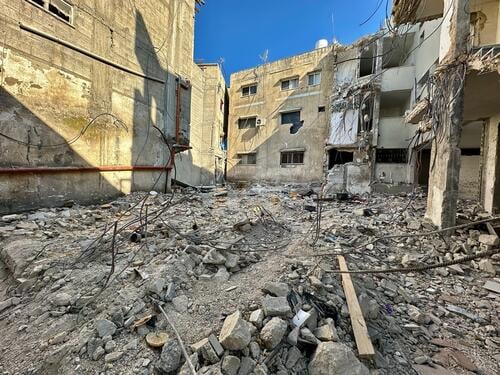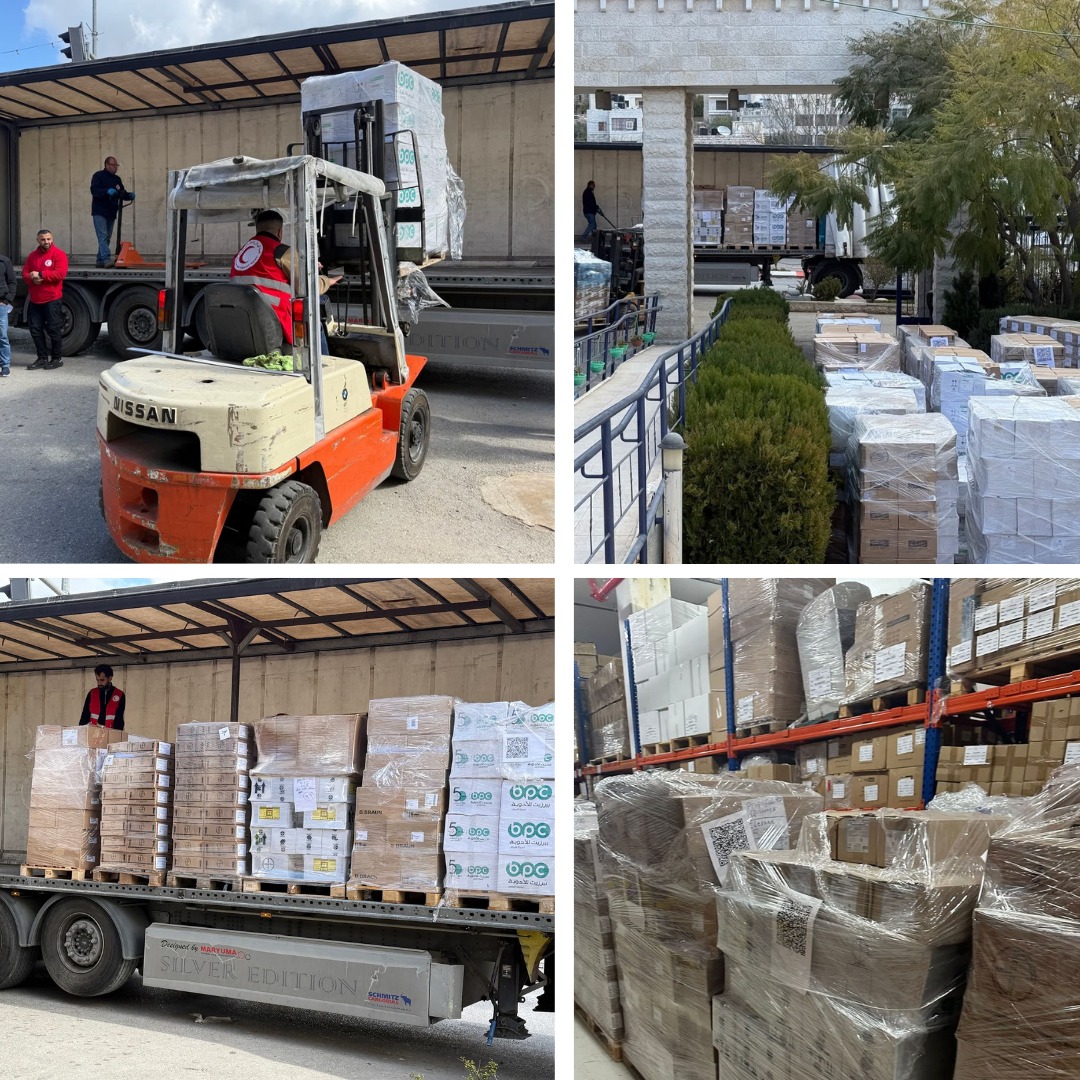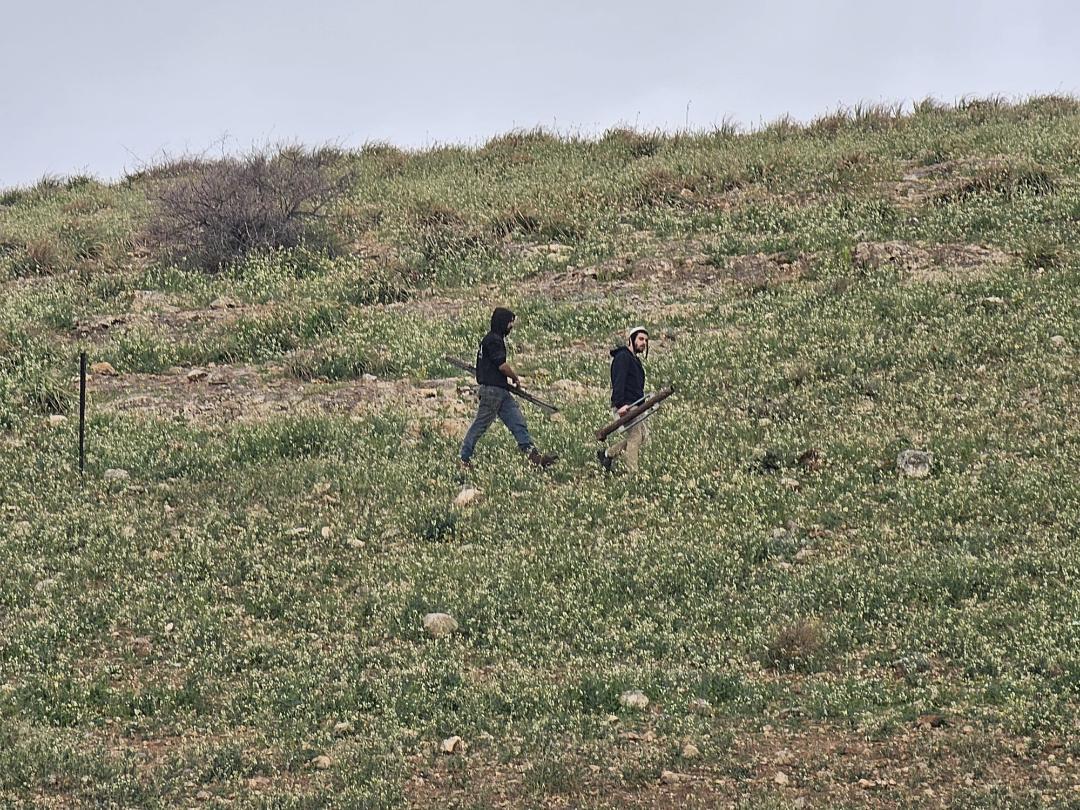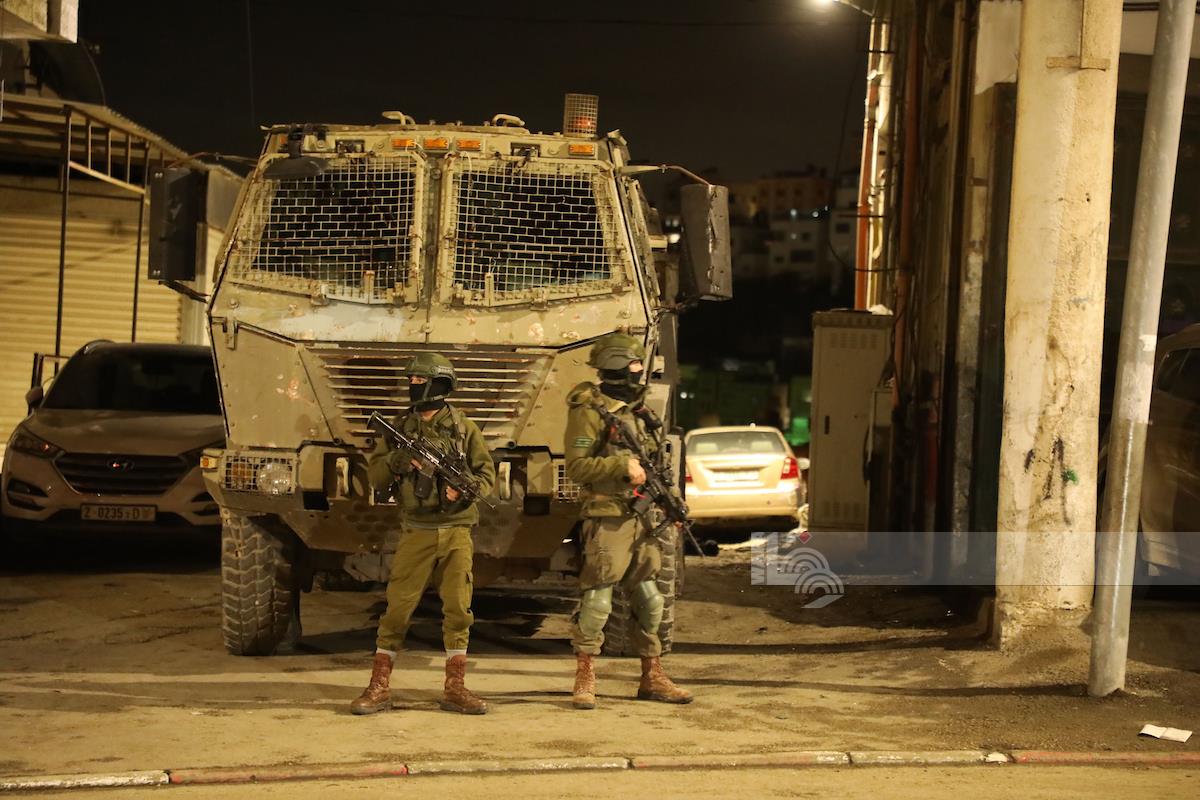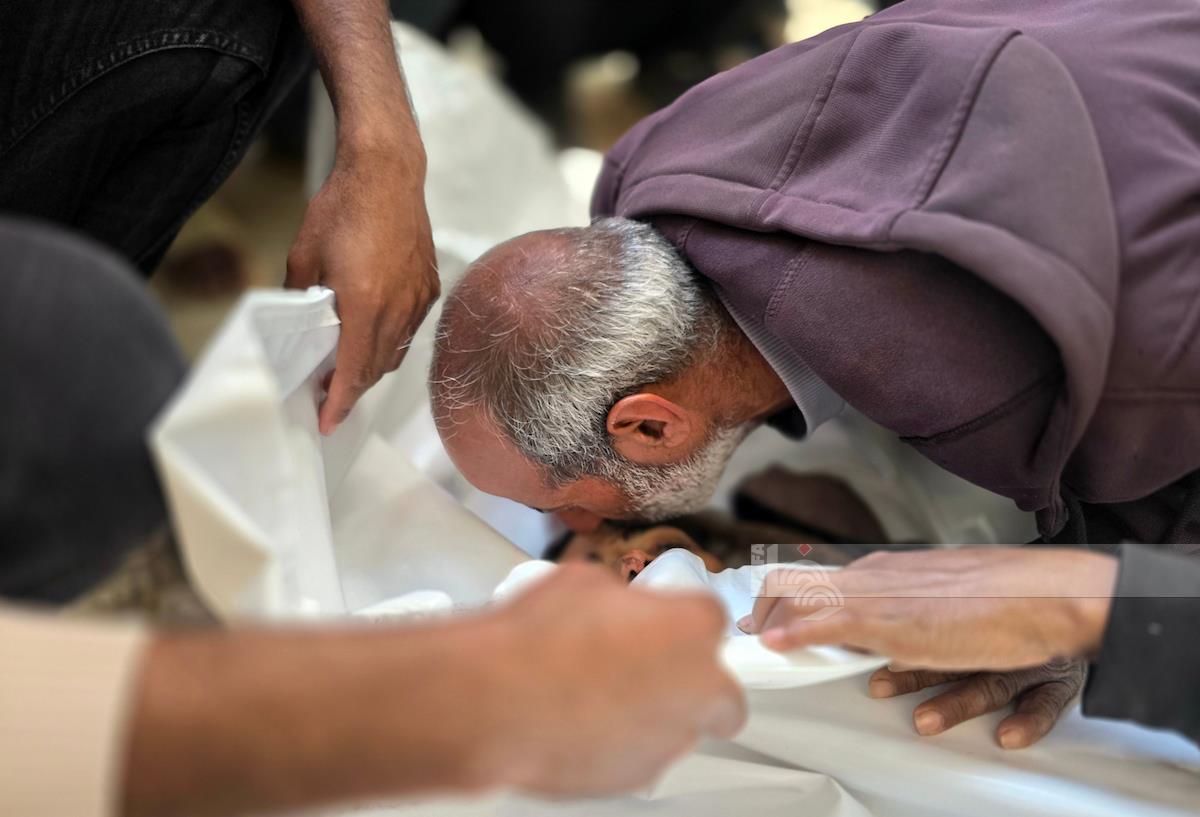WEST BANK, July 2, 2025 (WAFA) – More than 40,000 people in the northern West Bank, Palestine, remain forcibly displaced, cut off from their homes and left with very limited access to basic services and healthcare five months after the launch of the Israeli military operation ‘Iron Wall’.
This large-scale military campaign has seen Israeli forces raid and violently empty well-established refugee camps in the northern West Bank. Médecins Sans Frontières (MSF) warnd that people are facing deteriorating health and living conditions, as the Israeli forces continue to cause widespread destruction and occupy the three refugee camps of Jenin, Tulkarem and Nur Shams, preventing any return and barring access.
“After five months, the military operation continues,” said Simona Onidi, MSF project coordinator in Jenin and Tulkarem. “The camps remain sealed off, with Israeli soldiers actively preventing anyone from entering. Families are still in limbo, and we’re worried that humanitarian needs will keep escalating.”
To mark this grim milestone, MSF is releasing a new briefing note, Five Months Under Iron Wall, highlighting the human toll of prolonged displacement in the West Bank. The note draws on our presence on the ground, operational data, and nearly 300 interviews conducted in mid-May, across 17 locations where we work in the northern West Bank, with forcibly displaced refugees from the three camps.
Findings showed that displacement-affected communities face growing instability and unmet needs, such as access to healthcare and regular food and water. Nearly half of the people spoken to have been forcibly displaced three or more times in four months, while nearly three out of four are unsure if they can stay where they currently are. Over a third report feeling unsafe where they currently reside. Mental health needs are also mounting, especially among women and children, as repeated displacement, uncertainty, and being violently displaced compound distress.
“We live in a constant state of fear. Israeli forces frequently patrol the area near where I’m staying,” says a displaced woman from Nur Shams refugee camp. “My family and I keep our bags packed at all times, ready to flee if we’re displaced again.”
The findings also revealed a disturbing pattern of violence and obstruction targeting displaced residents attempting to return to their homes in the camps, with over 100 incidents of indiscriminate violence reported. This includes shootings, assault, and detentions and is affecting people of all ages and genders. Some families found their homes burned, looted, or occupied; others were explicitly threatened and told never to come back. Returns are heavily restricted, with only limited time granted or access denied altogether.
Y.S




